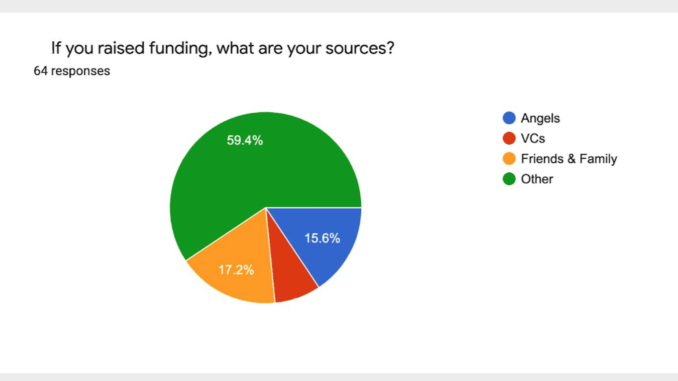
By Dana Denis-Smith, Founder of Obelisk Support
Just over 50% of people going into the legal profession in the UK are women and 60% of attorneys in the US are women, so there should be no shortage of women with relevant ideas and experience – why doesn’t this translate into representation in the ‘New Law’ industry, (broadly used to cover tech enabled, but also pure legal tech companies)?
As a founder myself, and a campaigner for women in law, I initiated this research as I am not aware any has been carried out to date in this space.
I identified (going through Crunchbase for a 10 year period) around 3,500 New Law businesses worldwide (that includes general suppliers to the legal sector and legal tech), of which 265 had at least one woman founder and 67 had a sole woman founder. We were particularly looking to find how many female founders had raised more than US$250,000 to date.
We analysed the companies on Crunchbase and found the following data:
- Top 10 biggest fundraisers in legal to date – total raised to date by these were US$1.8bn 1999-2019 – none of them had a sole woman female founder; 18 men and 2 women (co-founders); 2 of the 10 had sole male founders (they raised together US$165m); Top 10 dominated by US companies.
- Total raised by sole female founders in legal over the 10 year period – US$43.7m
- Top UK fundraisers – total raised over US$100m – no female founders
- Total raised by top 5 female founders in mixed founder teams: USD200m.
The Survey Poll
I also undertook to poll over one week as many women leaders as possible to understand further the realities of starting a New Law business as a woman and what is getting in the way.
I was keen to look at this area, as a lot of the time the focus has been on fixing the law firms to deliver more innovation/value to clients, whilst the NewLaw sector did not seem to come under the same pressure around diversity.
The survey contained 10 questions that included both current size of the founder team as well as funding received, barriers and also size of ambition. A sizeable percentage of women wanted their business to be US$25m in 5 years.
Based on responses from 64 women founders and co-founders in the New Law community, we found that women-only founded businesses secured just under 1% of the formal investment made into companies in the sector overall.
- 62% of those surveyed had taken no external investment at all
- 8% had taken funding from friends or family
- 19% had secured external funding. (See charts below for all findings).
So what is holding women founders back? A selection of the questions our survey respondents remember being asked during fundraising offers some clues:
- ‘Are you the cupcake or kid-thing on the agenda?’
- ‘Why don’t you just do this as a hobby for free?’
- ‘Can you add a male person to the Management Team for your pitch deck?’
- ‘Have you had your eggs frozen?’
What needs to change? Driving real change requires determined action across the entire legal ecosystem:
Purchasers of legal services need to allocate budget to diverse teams across their providers. Much of the action to date has focused on encouraging traditional law firms to develop more diverse teams. Going forward, general counsel and procurement leaders need to look at how they are allocating spend across alternative providers as well; ring-fencing spend for businesses owned and led by diverse teams.
Investors in New Law businesses of all stripes need to get past their apparent preconceptions about female founders and invest in the future potential of women to the same degree that they do that of men.
Educators need to include business and technology courses alongside law, in order to produce a more-rounded legal professional and encourage entrepreneurs in the sector to flourish.
Champions of entrepreneurial women in law need to be more vocal, helping to raise the profile of women who are successful in the field and open new doors for them.
Survey Poll Data
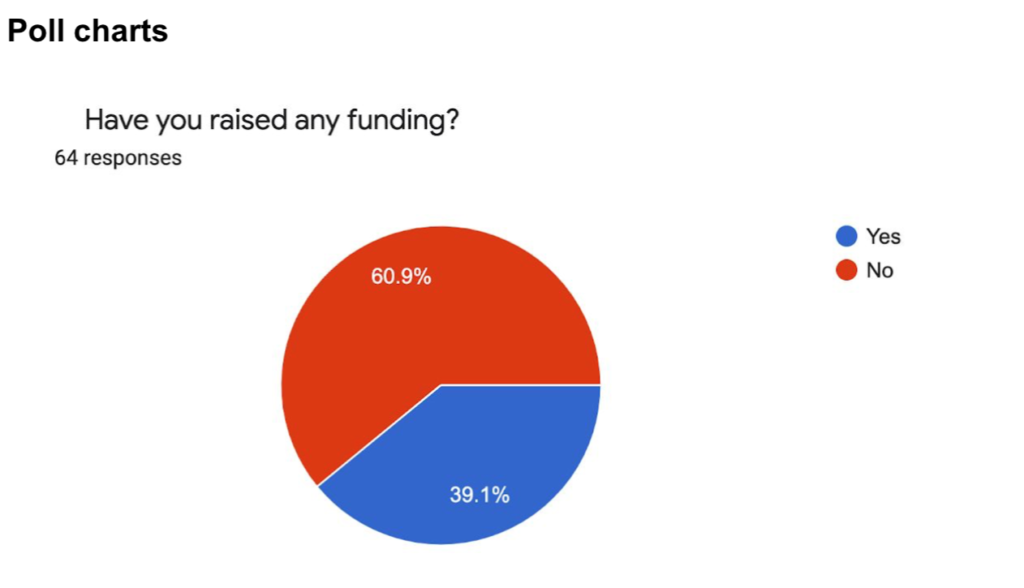
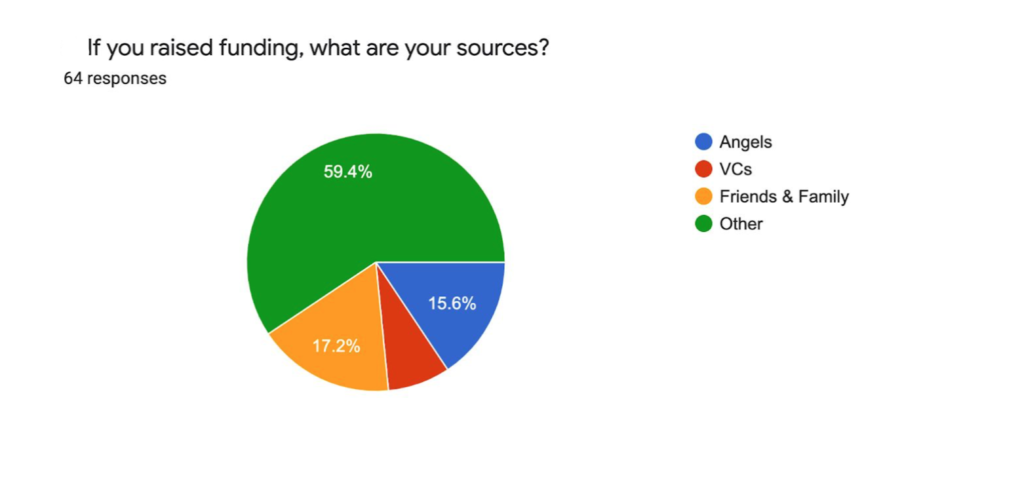
Access to finance to scale was the most common ‘ask’ from them as a challenge they need to address. They saw this as a barrier to hiring better teams and selling more.
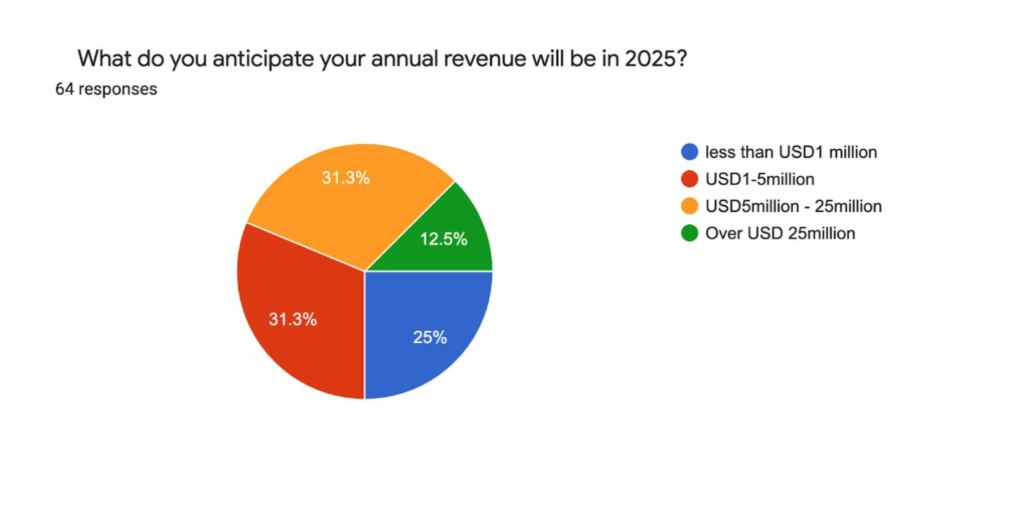
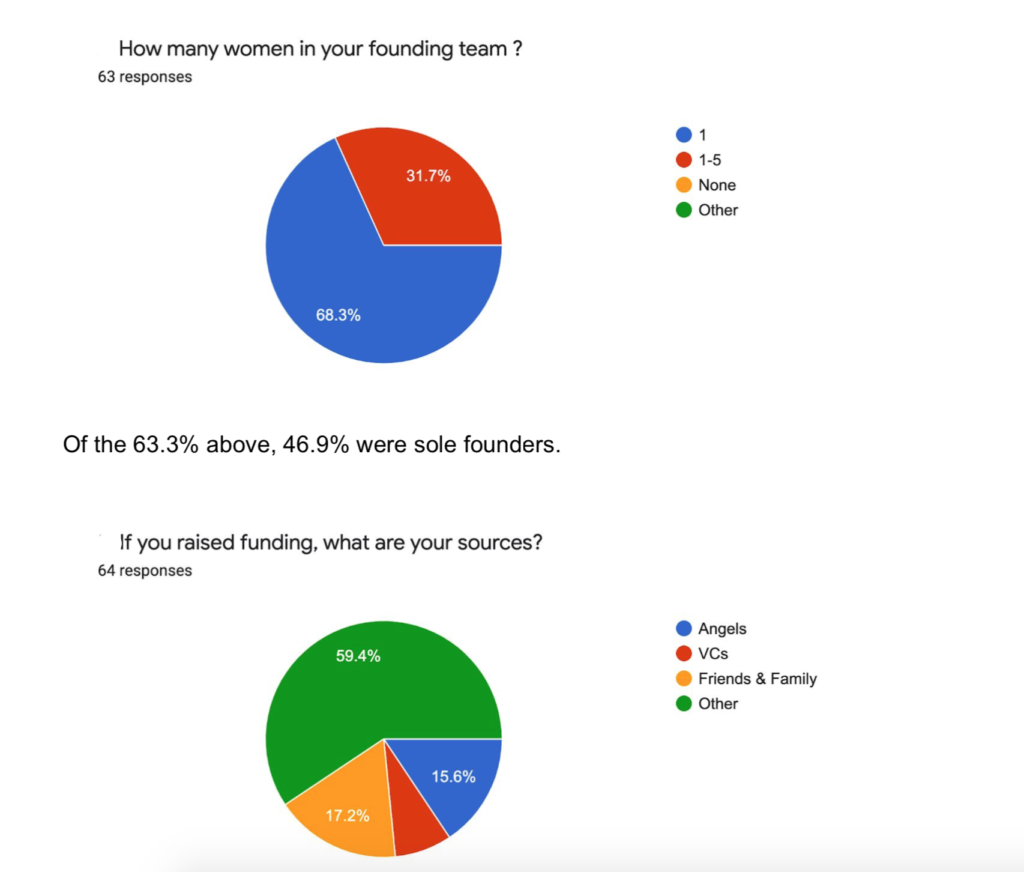
Data collected by Dana Denis-Smith.
About the author:
Dana Denis-Smith, is an entrepreneur, ex-lawyer and journalist. She founded Obelisk Support to keep City lawyers, especially mothers, working flexibly, around their family or other personal commitments and to provide clients with an affordable and quality legal support solution onshore.
In 2014, she founded a unique history project – first100years – charting the journey of women in law through a video social history, @first100years.